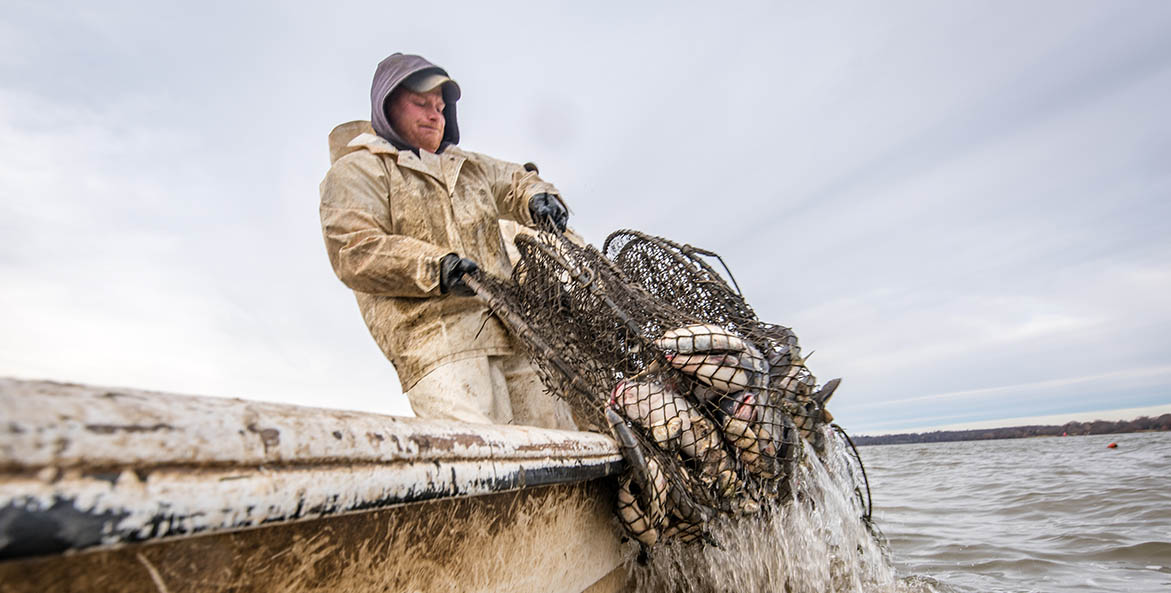The following was first published in The Star Democrat.
While some may be skeptical about the recent request by Maryland leaders to declare a fisheries disaster based on the impacts of certain invasive species, at the Chesapeake Bay Foundation, we see significant benefits for the ecosystem and watermen's wallets.
CBF is strongly supporting the efforts of Gov. Wes Moore and the state's Department of Natural Resources to request a federal fishery disaster declaration in Maryland due to the proliferation of blue catfish, Northern snakeheads, and other invasive species in the Bay.
Multiple scientific studies have shown blue catfish and snakeheads have voracious appetites, gobble up native species such as crabs and rockfish, and have spread throughout the Bay and its tributaries.
While most fishery disaster declarations are pursued following the collapse of a specific fishery, such as the recent disappearance of king and snow crabs off Alaska, this proposed declaration aims to mitigate the impacts of invasive fish experiencing out-of-control population growth. The Bay's invasive boom is potentially influencing the recent declines in rockfish and blue crab populations due to catfish predation.
Like the previous federal disaster declaration issued for the Bay's blue crab fishery in 2009, the declaration would provide funding to support Maryland watermen as well as help scientists better understand what's happening. For example, funding could be provided to:
- Boost blue catfish prices to encourage additional harvest,
- Provide financial support for processors to offset costly USDA inspections,
- Pay for food bank donations of blue catfish to support Marylanders experiencing food insecurity,
- And undertake scientific research to better quantify the impacts of blue catfish and other invasive species.
On this issue CBF's position is crystal clear. We want to incentivize watermen and recreational anglers to harvest more blue catfish and other invasive species. We want the federal government to fix the cumbersome USDA inspection process for blue catfish. And we want to grow the distribution market for invasive Bay species, while also encouraging consumers to buy and eat more blue catfish. All of these things would be easier to do with federal support, and we were happy to see Maryland's full Congressional delegation lend bipartisan support to this effort.
In this case, CBF is not calling for limits on harvest or more regulation. We want watermen to benefit from the bounty of blue catfish and other invasive species in the Bay, which would improve the Bay's overall ecosystem.




